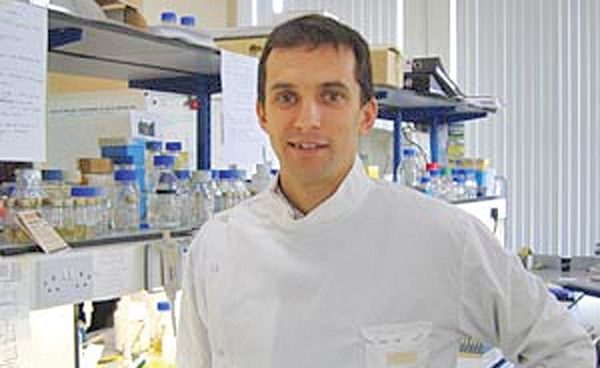
Photo courtesy of UCD
No matter how environmentally aware, you might be, in how you manage your household waste, your neighbour might not be so inclined.
This is one of the reasons why a convoy of trucks now deliver our rubbish straight to the incinerator, whether it’s recyclable or not. The incinerator is here to stay for the foreseeable future unless a more economically-viable option is available. Until then, in order to reduce the incinerator’s emissions, which are of concern amongst residents, a possible way of reducing the plastics which go into the furnace will be for Ireland to promote bioplastics.
Right now in UCD, Belfield, Professor Kevin O’Connor has a number of projects with the objective of reducing the amount of waste that needlessly goes to the incinerator. Kevin is doing this in two separate projects, one is through a company he set up called Bioplastech and the other is P4SB. Bioplastech are currently turning waste into biodegradable polymers which are now being tested with international adhesive companies and is in the process of building a demonstration facility to produce these products. P4SB is a €7.4m European Union Horizon 2020 project through which Kevin and his team at UCD aim to propel the sustainable production of new biopolymers from waste plastic. Both of these projects are using bacteria and their enzymes to biochemically upcycle these waste materials. Kevin is also Chairperson of the Bio-Based Industries Joint Undertaking (BBIJU) a €4 billion public / private partnership between the EU and the bio-based industries consortium, which aims to develop sustainable bio-based industrial activity in Europe. The funds being invested in these green and clean technologies are stacking up and in regards to this technology it can’t go fast enough for all our sakes.
By Paul Carton



